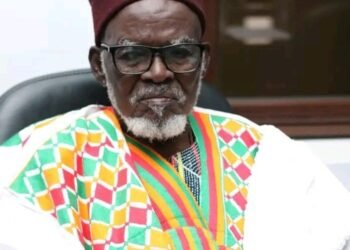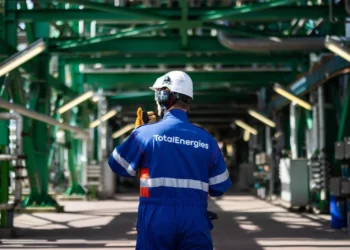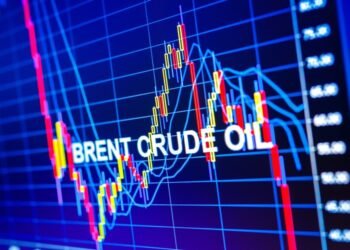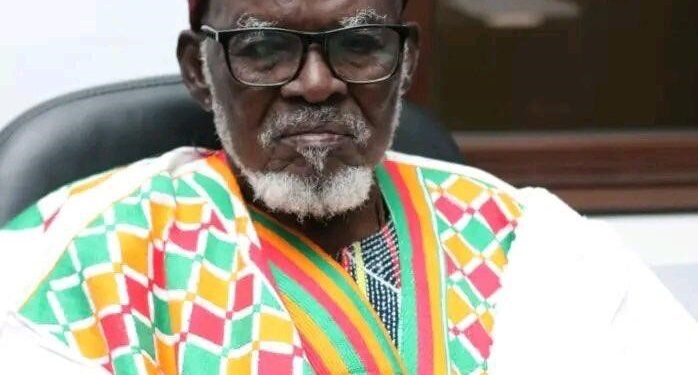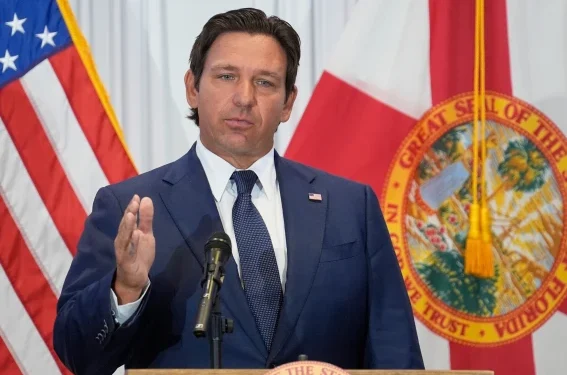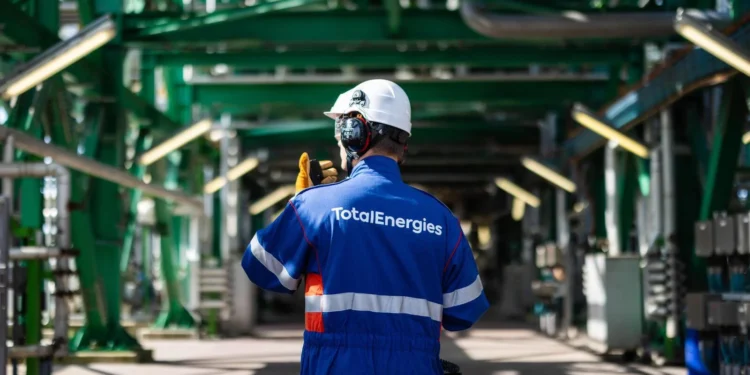Dr Alex Mould, the former CEO of the National Petroleum Authority (NPA) and the Ghana National Petroleum Company (GNPC), has suggested that the government should remove the special petroleum taxes and ensure that BoG provides dollars for petroleum imports in order to reduce fuel prices and cushion consumers.
Given these considerations, the government would not have to be involved in unpopular decisions as it was allegedly reported that the government had directed GOIL to reduce its prices at the pump.
In recent times, the price of fuel has skyrocketed, causing analysts and pundits to question the importance of the price deregulation policy established in 2015. This was a preferred policy with great expectations to ensure fuel prices are reduced and consumers widely benefitted as a result.
Noting these concerns, some CSOs, have called for a removal and/or reduction in the existing taxes within the price build up, by which fuel prices at the pump are determined.
However, Alex Mould indicated that, the government does not have the luxury to “drastically” remove the taxes and levies due to the revenue challenges that the government is faced with. Indeed, the consumer is over taxed, he said, although the government has reduced the Price Stabilisation and Recovery Levy (PSRL) since November 2021.

“You cannot remove certain taxes because some of them have been securitized against bonds that have been issued from the ESLA… but there is one tax that you can reduce, the Special Petroleum Tax (SPT). That can be taken off for the mean time because… the reason why it was there, we actually look at what parliament approved, that reason is no longer there.”
Alex Mould, Former CEO, NPA/GNPC
In extension, he indicated that “the other thing that they can look at is the exchange rate that is used. Bank of Ghana is supposed to ensure that we have dollars for petroleum imports [a specialized forex regime]… If you go on their rate right now, it is about GHS6.10 where as the price build up; they are using something close to GHS6.45. That is a lot of money that we can save the consumer.
“People will say that that is going to the Oil Marketing Company but the OMC will also complain that when they go to their banks, their banks give them rates that are close to GHS6.40. That means the Bank of Ghana is actually lying to us about what the exchange rate is on the market.
Alex Mould, Former CEO, NPA/GNPC
Price Deregulation Policy Meets its Objectives
The price deregulation policy had specific objectives and has broadly met its objectives including: ensuring that government is not saddled with subsidizing the fuel, more competition; transparency in pricing; and attracting investment into the sector, Alex Mould said.
He noted that there is now more competition in the sector as well as investments, as banks are now willing to invest in the sector by investing in fuel stations. However, he bemoaned the proliferation of fuel stations in the country.
“As you can see, fuel stations spring up like mushrooms in this country. Every corner, a fuel station appears and that is because we have like a 100 OMCs which is ridiculous for the size of this country. We only sell about 4 billion litres of fuel in the country and we have over 100 OMCs. Every ‘mom and pop’ is going to the regulator and the regulator is giving the OMC licenses,” and this is same with BDCs, where there are over 40 BDCs, Alex Mould noted.
That said, the regulator has a major role in all of this. “You can’t have that many players in this industry with the kind of investment we need in this industry, because they will start cutting corners and most of these OMCs are cutting corners and the regulator needs to do its job to suppress these issues.
“Now all over the world, fuel is sold almost about a dollar per litre, and it is a good indicator… If you want to know the exchange rate of a country just look at the fuel price, the cost per litre is very close. Anybody whose fuel price is above a dollar per litre in the local currency means that the government is overtaxing and if the price is low government is not taking any taxes. ”
Alex Mould, Former CEO NP/GNPC

Mr Duncan Amoah, the Executive Secretary of the Chamber of Petroleum Consumers (COPEC) noted that the “fruits of deregulation are there at the pumps for everyone to see.” What was expected was a kind of competition within the sector that will drive down prices.
“But what we have seen so far is an aggregation of prices especially around GOIL’s figure. Even if GOIL’s price has gone up a little bit, you will find them coming down where GOIL’s price is, and that gives you no benefit.”
Alex Mould, Former CEO NPA/GNPC
While he opposed going back to the regime where government subsidized fuel prices, he indicated that the current system should be “tweaked” such that “people should be confident in the system.” This is due to the fact that, OMCs that sell at lower prices make lower sales because of the suspicion that some are selling adulterated fuel.
OMCs shortchanging Consumers
Mohammed Kudus, the Communication’s Manager of NPA said, firstly, “one of the prospects of deregulation is the attractiveness of the market,” thus warranting the proliferation of these many OMCs. However, the NPA cannot cap the number of OMCs in the industry. “That will be introducing regulation through the back door.”

With such a huge number of OMCs, there is high likelihood for a number of them to be involved in illegalities. Therefore, he assured that the NPA is ever ready to crack the whip on OMCs whose habit it is to short change consumers by providing adulterated or contaminated fuel.
Broadly, the price deregulation policy has been helpful, however, these are crucial times that requires that the government does not overlook the plight of consumers, ensuring that they are adequately protected. Thus, it is important that the government takes these suggestions into consideration to cool down the market.
READ ALSO: Issues That led to the Drop in Maths Pass to be Addressed




